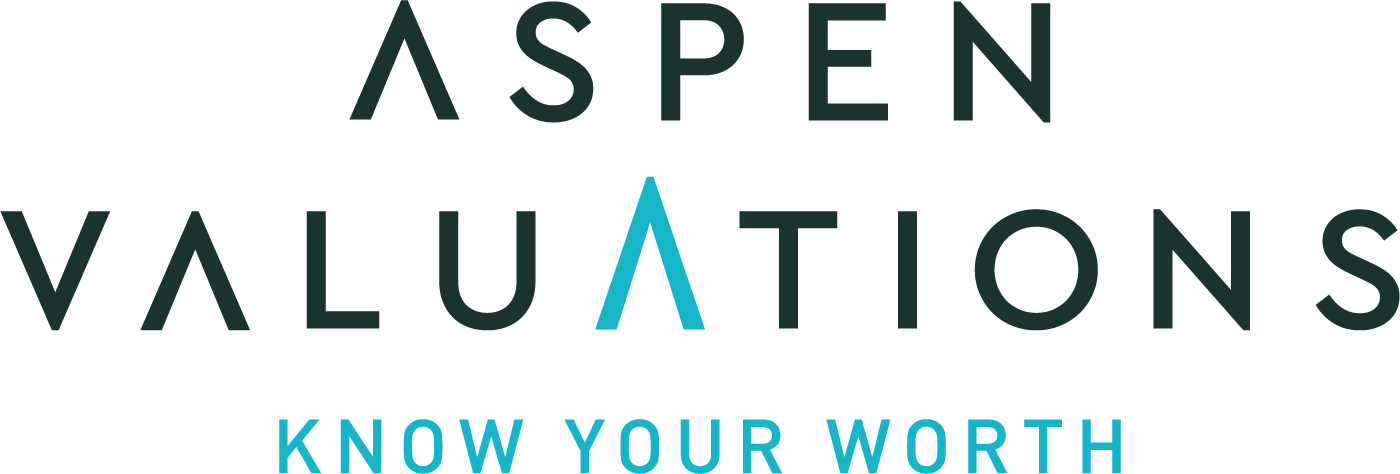Key SaaS metrics that impact valuation
1.5 min read.
In the ever-evolving world of Software-as-a-Service (SaaS) businesses, understanding and benchmarking retention metrics is crucial for success. SaaS Capital recently conducted an in-depth analysis of over 1,500 B2B SaaS companies to provide valuable insights into retention metrics. This blog post highlights the key findings from their report and sheds light on the changing landscape of SaaS retention.
1. The Flipped Relationship: ACV, GRR, and NRR:
One of the significant takeaways from the report is the reversal in the relationship between Annual Contract Value (ACV), Gross Revenue Retention (GRR), and Net Revenue Retention (NRR) since 2020. Previously, GRR and ACV demonstrated a strong correlation, while NRR appeared to be uncorrelated. However, in recent years, this dynamic has flipped, and NRR now shows a close correlation with ACV.
This shift indicates a changing focus for SaaS companies, with an increased emphasis on maintaining and expanding existing customer relationships to drive revenue growth.
2. Equal Retention Rates: VC-backed vs. Bootstrapped Companies:
Historically, venture capital (VC)-backed SaaS companies enjoyed higher retention rates compared to their bootstrapped counterparts. However, the report reveals an intriguing finding—there is no longer a difference in retention rates between these two types of companies.
This leveling of the playing field suggests that customer success best practices, experiences, and tools have become more widely accessible, enabling both types of companies to achieve comparable retention levels. Furthermore, the availability of experienced customer success professionals has expanded beyond Silicon Valley, contributing to this shift.
3. Customer Success Best Practices and Proliferation:
The two aforementioned trends may be explained by the proliferation of customer success best practices, experiences, and tools within the SaaS industry. In today’s landscape, a solid Gross Revenue Retention (GRR) is considered a basic requirement, and customer success teams are now focused on driving up-sells and cross-sells.
The days of a proprietary customer success playbook provided exclusively by experienced venture capitalists are fading away. These playbooks have become widely distributed and adopted, empowering SaaS companies to develop their customer success strategies. Additionally, the talent pool for skilled customer success professionals has grown deeper, and geographical barriers are no longer a hindrance.
At Aspen Valuations, we understand the unique challenges and opportunities involved in valuing SaaS businesses. If you’re looking for expert guidance and valuation services tailored specifically to your SaaS company, our team of experienced professionals is here to help. Contact us today to discuss your valuation needs and discover how we can assist you in unlocking the true value of your SaaS business.

